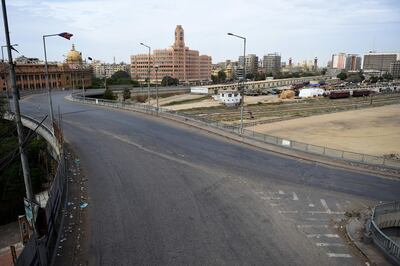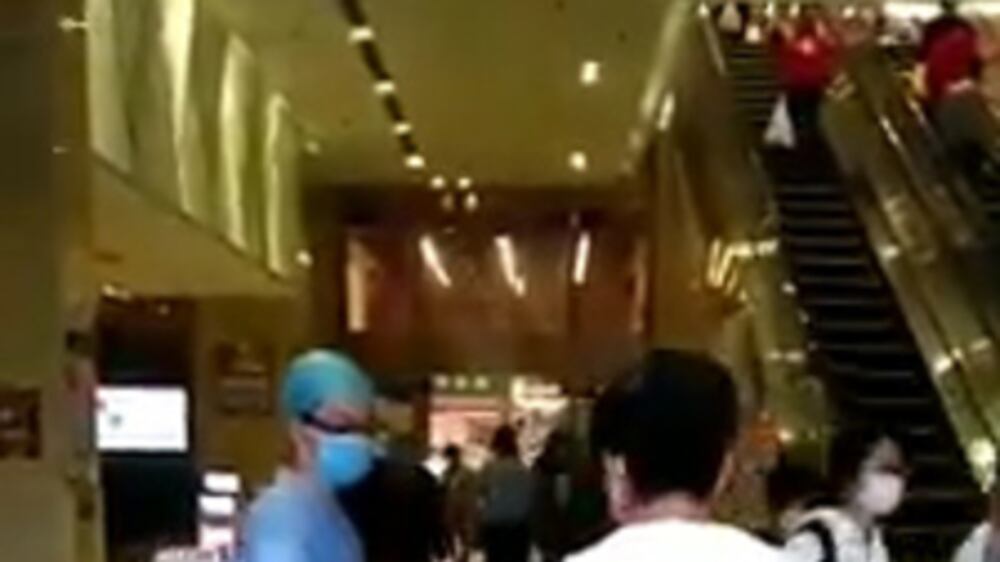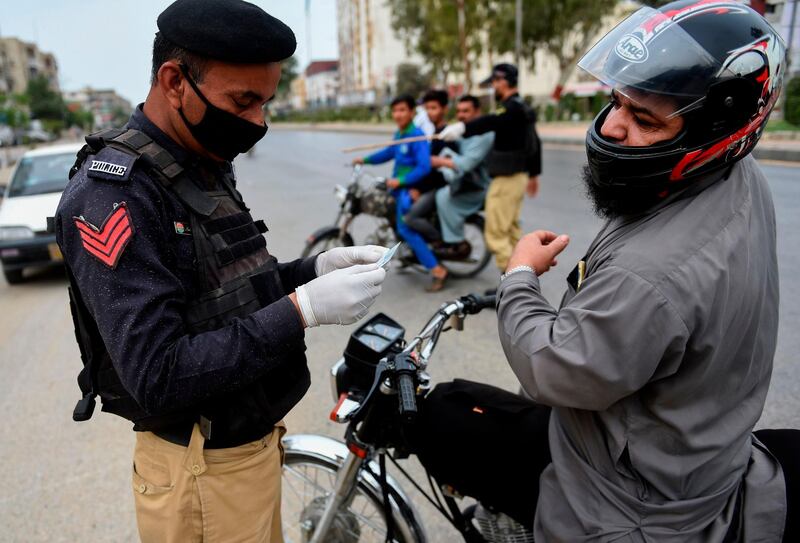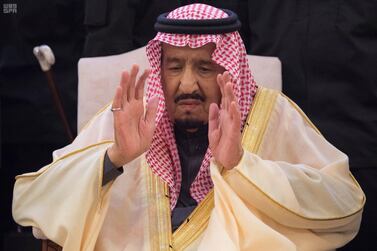Pakistan's port metropolis of Karachi spent its first day under a strict lockdown on Monday as it imposed strict measures to halt the spread of coronavirus, even as the prime minister refused to shutter the country.
The megacity of at least 15 million and the surrounding province of Sindh began 15 days of curfew, with all offices, public gathering venues, schools and shopping centres closed.

Officials said people would be barred from leaving their homes without good reason and those found out would be stopped for questioning and have their details entered into database. Trips to buy groceries are limited to one person per family.
The country of more than 210 million had by Monday reported more than 800 cases of Covid-19, although health officials told The National they expect the true tally to be far higher. Poor disease surveillance systems and weak healthcare may allow the virus to run riot, officials worry.
China's Covid-19 recovery

The southern province of Sindh accounted for nearly half of the cases, forcing it to impose the most aggressive measures in Pakistan.
News footage showed the city to be deserted on Monday, with police patrolling the streets. “This is first day of lockdown and we are trying to educate people to comply with the orders,” said one senior officer.
“We hope people will understand the gravity of the issue and will start implementing these rules and will go in self-quarantine to avoid further spread of it.”
On Monday afternoon, the country's most populous province, Punjab, announced its own partial lockdown, closing parks and public spaces. Meanwhile the government authorised troop deployments to help provincial administrations.
Prime Minister Imran Khan has repeatedly refused to order a nationwide lockdown, arguing that the economic halt would hit daily labourers hardest. Large numbers of workers earn daily wages with no sick pay or savings to cushion the effects of economic disruption.
One development policy think tank has warned that many people face a choice between potential starvation and defying quarantine restrictions.
Mr Khan told the nation in an address on Sunday that Pakistan was too poor to follow widespread lockdowns seen other countries such as China.
“Our economic conditions are different. People are suffering from poverty and they will suffer. We do not have capacity. China did and China is second-richest country of the world, they can afford it.”
Muhammad Hafeez, a labourer living in Liari, a poor Karachi neighbourhood, said he appreciated the lockdown was important but feared he would be unable to provide for his family of six.
Another resident, Muhammad Zia, said people were abiding by the lockdown, but the economic pain would soon bite.
“This is a big problem. If government does not take care of these people they will start dying of hunger.”
Mr Khan has instead called for voluntary self-isolation and quarantine, appealing for the public to maintain discipline and not panic. Pakistan's powerful military, which has ruled the country for long stretches and jockeyed for power with civilian rulers, said it was placing all spare troops on standby to aid civil authorities. Military hospitals are ready to receive virus victims, a statement said.
Opposition leaders have begun to round on Mr Khan's handling of the outbreak. Bilawal Bhutto-Zardari, chairman of the Pakistan Peoples Party, said the refusal to lock down “doesn't make sense”.
“If we are a poor country, we need to lock down more quickly. Otherwise, it would be more affected. I still call for making tough decisions and that they should be made quickly before it turns into a catastrophe.”






